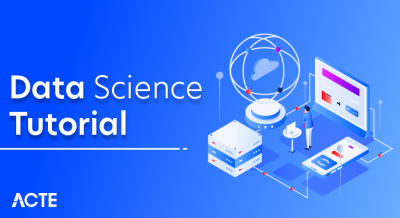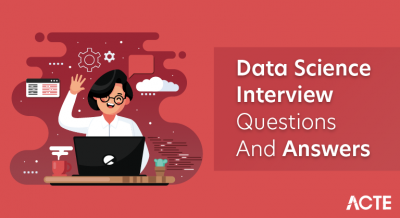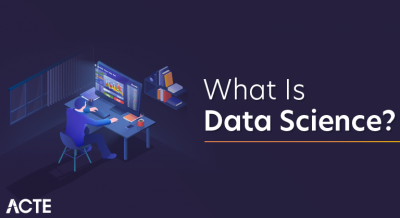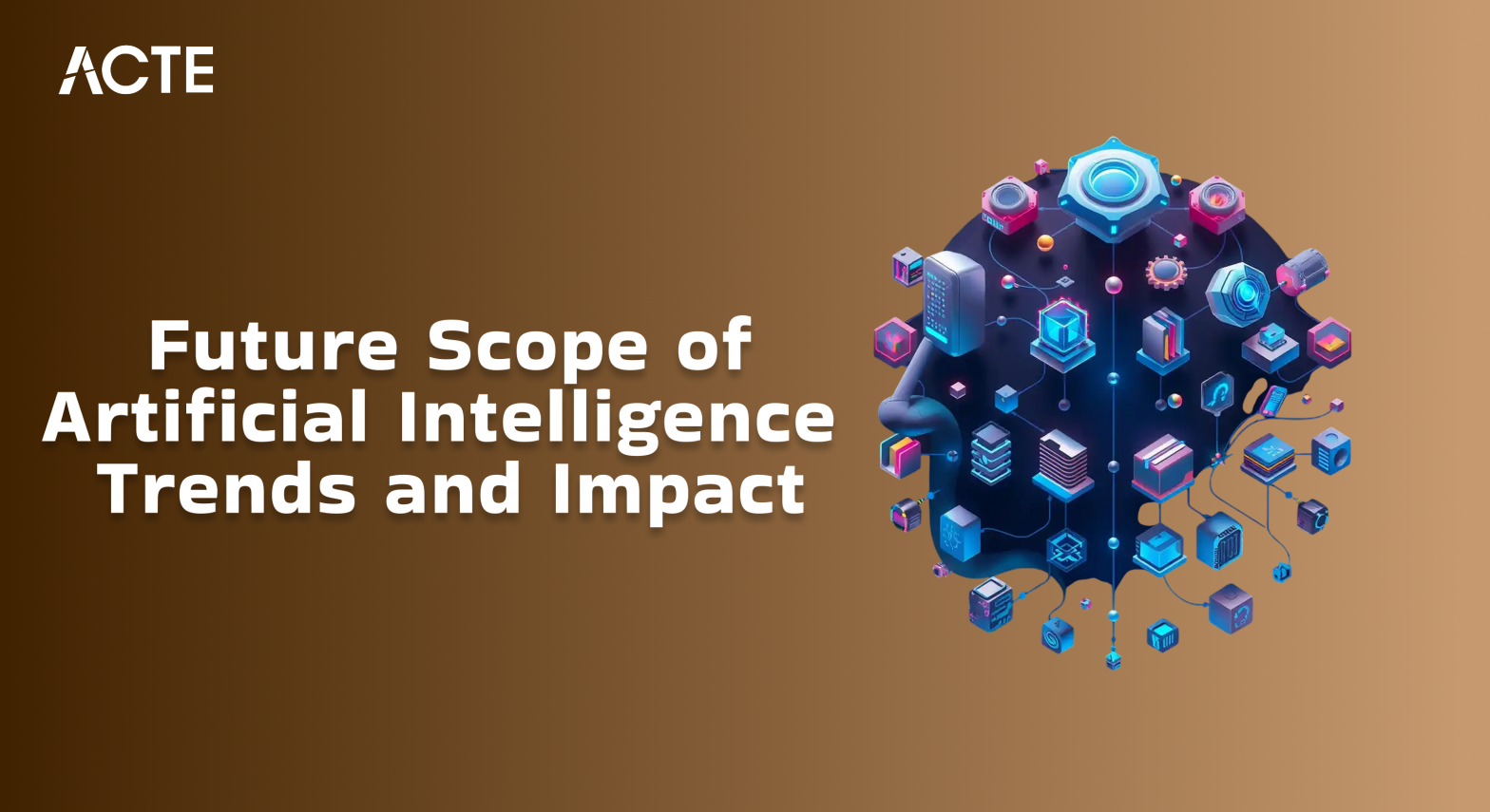
- Introduction to Artificial Intelligence (AI)
- Growth of AI in Various Industries
- AI in Healthcare: Revolutionizing Medicine
- AI in Finance: Risk Analysis and Automation
- AI in Education: Personalized Learning
- AI in Manufacturing: Robotics and Automation
- AI in Entertainment and Media
- AI in Smart Cities and IoT
- Ethical Concerns and AI Governance
- Career Opportunities in AI
- Future Technologies Shaping AI Development
- Predictions for AI in the Next Decade
Introduction to Artificial Intelligence (AI)
Artificial Intelligence (AI), one of the most transformative technologies of the 21st century, refers to the simulation of human intelligence in machines, enabling them to execute tasks traditionally requiring human cognition, such as problem-solving, learning, decision-making, and understanding language. By leveraging sophisticated algorithms, machine learning models, and massive datasets, AI systems are capable of recognizing patterns and making decisions with a high degree of autonomy. Over time, AI has evolved dramatically, progressing from basic rule-based systems in its early stages to the development of complex deep learning architectures and neural networks that form the backbone of today’s advanced AI applications. This evolution has been fueled by rapid advancements in computational power, the widespread adoption of cloud computing, and the increasing sophistication of data analytics. If you’re interested in building expertise in this field, consider exploring our Data Science Training As a result, AI has become deeply integrated across a wide array of industries, ranging from healthcare and finance to manufacturing and transportation, redefining operational efficiency, enhancing productivity, and driving innovation. Its pervasive impact continues to shape global economies and transform the way humans interact with technology, signaling a future where intelligent systems play a central role in everyday life and business operations.
Would You Like to Know More About Data Science? Sign Up For Our Data Science Course Training Now!
Growth of AI in Various Industries
AI has made remarkable progress across industries, improving efficiency, productivity, and decision-making. Some key sectors benefiting from AI include:
- Healthcare: AI assists in disease diagnosis, robotic surgery, and personalized medicine.
- Finance: AI-driven risk assessment, fraud detection, and algorithmic trading enhance financial decision-making.
- Education: AI-powered learning platforms enable personalized education.
- Manufacturing: AI-driven automation optimizes production lines and supply chains.
- Retail and E-commerce: AI helps in demand forecasting, customer personalization, and chatbots.
- Transportation: Autonomous vehicles and AI-powered logistics improve efficiency.
- Entertainment: AI creates recommendation algorithms for streaming platforms and generates content.
- Smart Cities and IoT: AI enhances urban planning, energy management, and security systems.
The widespread adoption of AI is fueled by the increasing availability of big data, improved algorithms, and the development of AI-driven technologies such as deep learning, natural language processing (NLP), and computer vision.

AI in Healthcare: Revolutionizing Medicine
AI has profoundly transformed the healthcare industry by enabling faster and more accurate diagnoses, enhancing treatment plans, and optimizing hospital operations. Its integration into medical systems has led to groundbreaking improvements in patient care, cost reduction, and operational efficiency. One of the key applications of AI in healthcare is medical imaging, where AI-powered tools analyze CT scans, MRIs, and X-rays with remarkable accuracy to detect diseases such as cancer and neurological disorders, often at earlier stages than traditional methods. In personalized medicine, AI leverages genetic data and individual medical histories to tailor treatment plans that are more effective and specific to each patient’s unique needs. In drug discovery, AI significantly accelerates the development process by predicting molecular interactions, identifying potential drug candidates, and optimizing clinical trials, thereby reducing the time and cost associated with bringing new drugs to market. Robotic surgery, another major advancement, involves AI-assisted robotic systems that improve surgical precision, minimize invasiveness, and contribute to shorter patient recovery times. Additionally, virtual health assistants powered by AI-driven chatbots and platforms are increasingly supporting telemedicine by providing preliminary consultations, answering medical queries, and helping patients manage their health remotely. If you’re interested in the data-driven technologies powering these breakthroughs, Learn Data Science to gain the skills needed to contribute to this evolving field. Through these diverse and innovative applications, AI is not only enhancing the accuracy and speed of healthcare services but also making them more accessible and efficient, ultimately driving a fundamental shift in how medical care is delivered and experienced globally.
AI in Finance: Risk Analysis and Automation
The financial sector has embraced AI to enhance decision-making, automate processes, and improve security. Some notable applications of AI in finance include:
- Fraud Detection: AI identifies suspicious transactions and prevents fraudulent activities.
- Algorithmic Trading: AI-driven models analyze market trends and execute trades automatically.
- Risk Assessment: AI evaluates credit scores and loan approvals by analyzing financial data.
- Personalized Banking: AI-powered chatbots assist customers with account inquiries and financial advice.
- Regulatory Compliance: AI automates compliance checks and monitors transactions to detect anomalies.
AI-powered financial tools enable institutions to minimize risks, increase efficiency, and provide better customer experiences.
AI in Education: Personalized Learning
AI is revolutionizing education by offering personalized learning experiences, improving accessibility, and streamlining administrative tasks. One of the primary applications of AI in education is adaptive learning platforms, which tailor educational content to individual learning styles and track progress, ensuring that students receive the support they need at their own pace. AI tutors, such as virtual assistants, help students with homework and subject comprehension, providing instant feedback and guidance outside of traditional classroom hours. Automated grading systems are another significant development, where AI evaluates assignments and exams, significantly reducing the workload for educators and allowing them to focus more on student interaction and instruction. Additionally, AI-driven student performance analytics analyze data to identify learning gaps and recommend targeted interventions, enabling a more focused approach to supporting students who may be struggling. If you’re interested in gaining skills in analyzing and interpreting educational data, check out our Data Science Training Language processing tools powered by AI are also making a difference, particularly in language learning, by offering speech recognition, translation services, and real-time feedback. By making learning more interactive, personalized, and data-driven, AI is enhancing educational experiences at all levels, providing both students and educators with innovative tools to improve outcomes and efficiency in the classroom and beyond.
AI in Manufacturing: Robotics and Automation
Manufacturing is one of the industries where AI has had a significant impact. AI-powered automation optimizes production lines, enhances quality control, and reduces operational costs. Key applications include:
- Predictive Maintenance: AI predicts equipment failures and schedules maintenance to prevent downtime.
- Robotic Process Automation (RPA): AI-driven robots perform repetitive tasks, increasing efficiency.
- Supply Chain Optimization: AI analyzes demand patterns to optimize inventory management and logistics.
- Quality Control: AI-powered cameras and sensors detect defects in manufacturing processes.
By leveraging AI, manufacturers improve productivity, minimize waste, and enhance operational efficiency.
Want to Pursue a Data Science Master’s Degree? Enroll For Data Science Masters Course Today!
AI in Entertainment and Media
AI is transforming the entertainment industry by revolutionizing content creation, personalization, and audience engagement. One of the primary applications of AI in entertainment is recommendation systems, which analyze user preferences and behavior to suggest movies, music, articles, and other forms of media that are likely to interest them. AI is also heavily involved in content generation, where it automates the creation of news articles, scripts, and even deepfake videos, offering new ways to produce and distribute media. Video and image recognition technologies, powered by AI, enable features like facial recognition, automatic tagging of content, and deep learning-based visual effects, all of which enhance both the user experience and content production quality. In the realm of interactive gaming, AI-driven characters and adaptive storytelling are elevating gameplay, providing players with more dynamic and immersive experiences that respond to their actions in real-time. To explore the broader impact of AI and its continued evolution, learn more about the future Scope of Artificial Intelligence Through these applications, AI is reshaping the entertainment landscape, making experiences more engaging, personalized, and tailored to the unique tastes and preferences of global audiences, creating a new era of media consumption and interaction.
AI in Smart Cities and IoT
AI is playing a crucial role in building smart cities by improving urban infrastructure, traffic management, and public safety. Key AI applications include:
- Smart Traffic Systems: AI optimizes traffic flow and reduces congestion.
- Energy Management: AI-powered grids adjust energy distribution based on demand.
- Public Safety and Surveillance: AI enhances crime detection and emergency response systems.
- Waste Management: AI monitors waste disposal and optimizes recycling processes.
By integrating AI with IoT, cities become more efficient, sustainable, and livable.
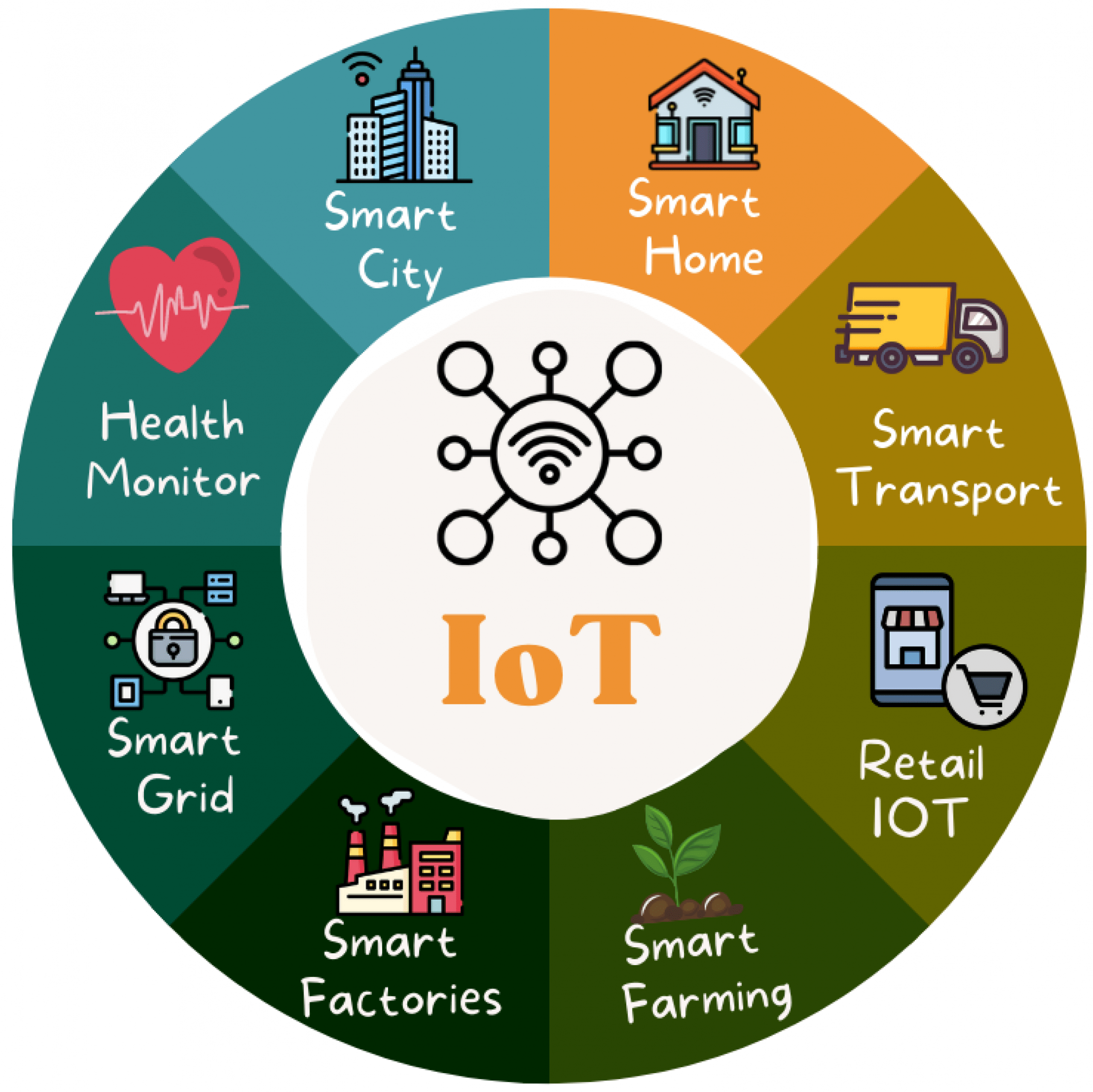
Ethical Concerns and AI Governance
Despite its numerous benefits, AI also raises significant ethical and governance challenges that need to be addressed for its responsible use. One of the primary concerns is bias and fairness, as AI models can unintentionally perpetuate biases that exist in the training data, leading to unfair outcomes. Privacy concerns are another major issue, particularly with AI-driven surveillance systems and the vast amounts of personal data being collected, which can infringe on individuals’ privacy rights. Job displacement is also a critical challenge, as automation driven by AI has the potential to replace human workers in various industries, leading to economic and social implications. Additionally, regulation and accountability are essential aspects, as governments must create AI governance frameworks to ensure that AI technologies are used responsibly, ethically, and transparently. For those looking to understand the core differences and overlaps in fields that contribute to AI, explore Data Science vs Computer Science Addressing these concerns is crucial for ensuring that AI is deployed in a manner that benefits society while mitigating potential risks and harms, enabling a balanced approach to innovation and responsibility in AI development.
Career Opportunities in AI
The AI industry offers numerous career opportunities in roles such as:
- AI Engineer
- Data Scientist
- Machine Learning Researcher
- Robotics Engineer
- AI Ethics Consultant
Professionals with skills in Python, deep learning, and cloud computing are in high demand.
Future Technologies Shaping AI Development
The future of AI is being shaped by emerging technologies that promise to significantly enhance its capabilities and expand its applications. One of these is quantum computing, which is poised to boost AI’s processing power by enabling faster and more efficient computations, allowing AI systems to solve complex problems that were previously beyond reach. Edge AI is another game-changer, as it enables AI to run directly on devices without relying on cloud connectivity, reducing latency and enhancing privacy by processing data locally. Neuromorphic computing, which aims to mimic the human brain’s functions, holds the potential to create more advanced and adaptive AI models that can learn and think in ways that are closer to human cognition. Another important development is explainable AI, which seeks to increase transparency in AI decision-making processes, making it easier for users to understand and trust AI-generated outcomes. To dive deeper into the foundational aspects of AI and its underlying data-driven technologies, consider Learning Data Science from Scratch These emerging technologies will drive the next wave of AI innovation, unlocking new possibilities and transforming industries in profound ways.
Predictions for AI in the Next Decade
Over the next decade, AI is expected to become increasingly integrated into daily life, with virtual assistants and automation playing a larger role in streamlining tasks and improving efficiency in both personal and professional settings. As AI continues to evolve, it will revolutionize industries by offering more efficient and ethical solutions, helping businesses optimize operations, improve customer experiences, and enhance productivity while addressing issues related to fairness and bias. Human-AI collaboration is also set to grow, with AI systems working alongside humans to aid in decision-making and problem-solving, offering new insights and capabilities that enhance creativity, innovation, and decision accuracy. Moreover, AI will be pivotal in addressing some of the world’s most pressing global challenges, such as climate change, healthcare, and security, by providing data-driven solutions that can better predict, analyze, and respond to these complex issues. To build the skills needed for this evolving landscape, consider exploring our Data Science Training With continuous advancements in AI, we can expect profound transformations that will not only redefine technology but also shape society as a whole, driving progress and creating new opportunities across diverse sectors while tackling some of the world’s most critical problems. As AI continues to evolve, its impact on the future will be far-reaching, influencing every aspect of human life from personal conveniences to global sustainability efforts.


